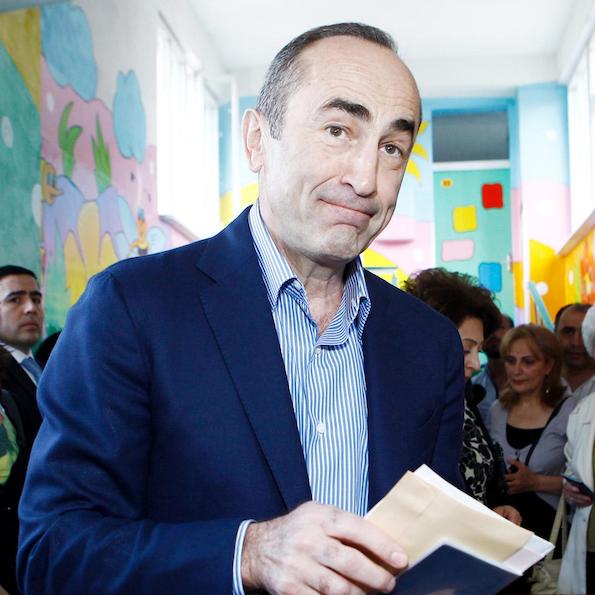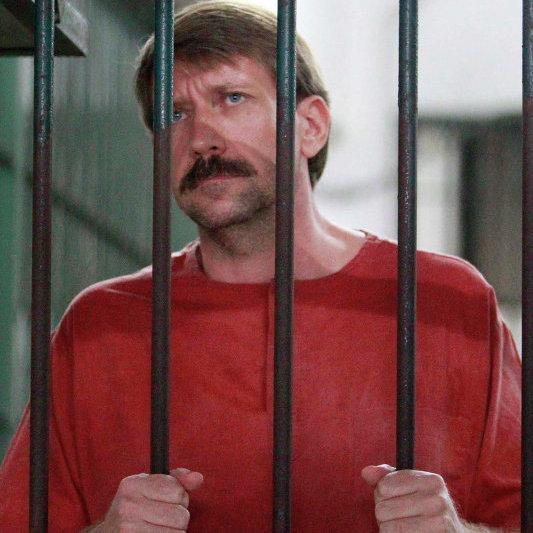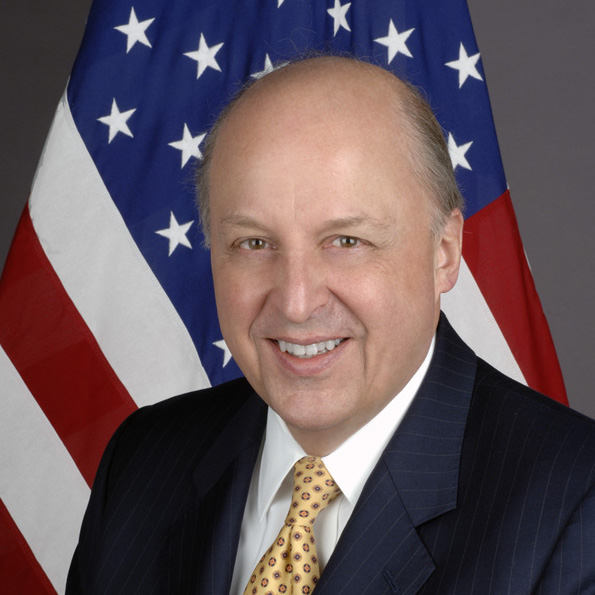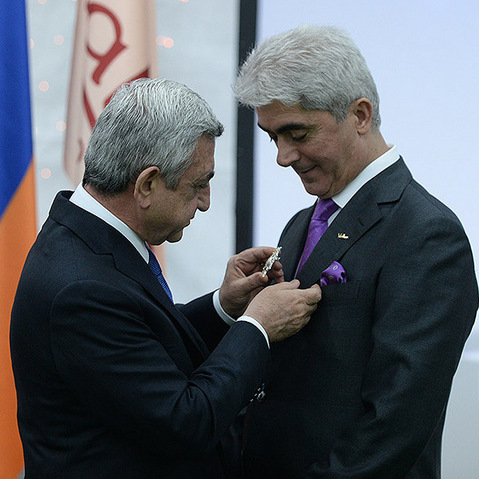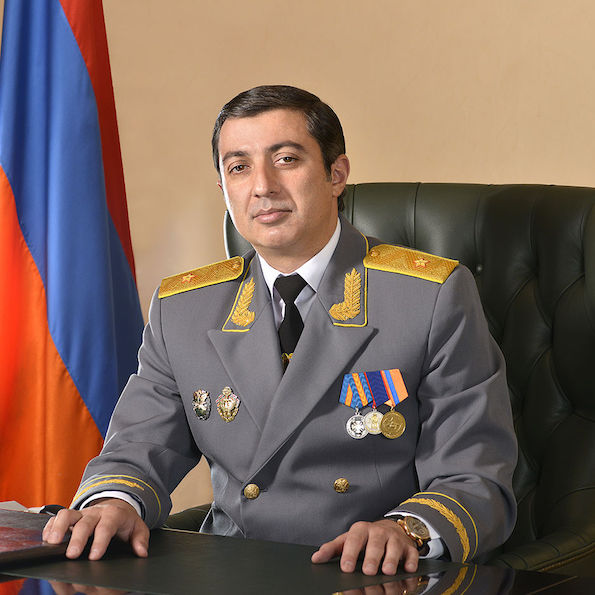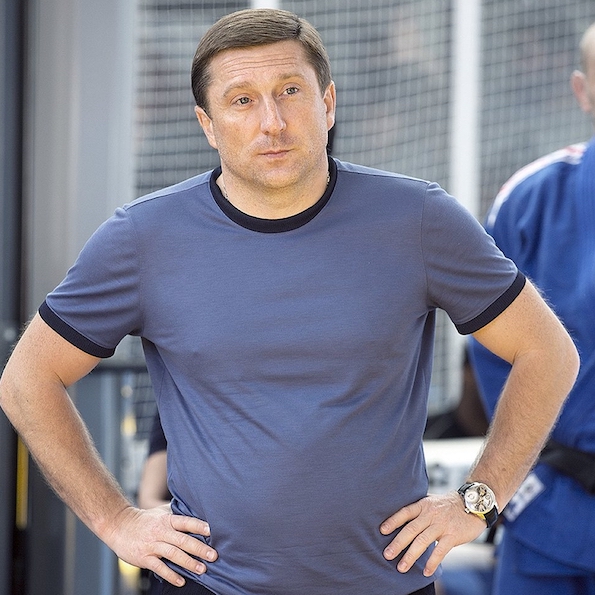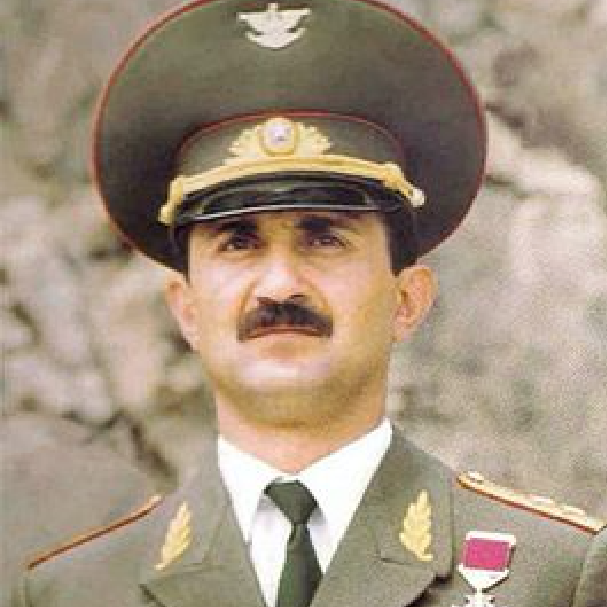Position
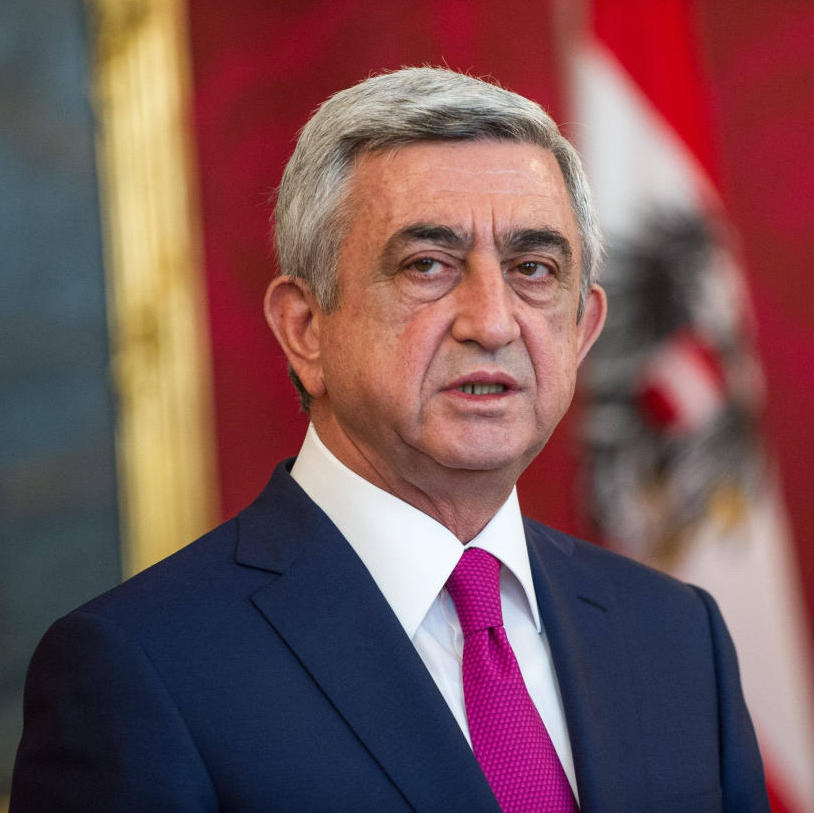 3rd President of Armenia
3rd President of Armenia
9 April 2008 – 9 April 2018
11th and 15th Prime Minister of Armenia
4 April 2007 – 9 April 2008
17 April 2018 – 23 April 2018
Minister of Defence of Armenia
20 May 2000 – 26 March 2007
Bio
Sargsyan was born on 30 June 1954 in Stepanakert (Khankendi), Nagorno-Karabakh Autonomous Oblast (NKAO), Azerbaijani SSR.
He entered Yerevan State University in 1971, served in the Soviet Armed Forces during 1971–72, and graduated from the Philological Department of Yerevan State University in 1979.
In 1983, he married his wife, Rita, with whom he has two daughters, Anush and Satenik.
Has two brothers: Alexandr Sargsyan and Levon Sargsyan.
Known for
Sargsyan won the February 2008 presidential election with the backing of the ruling Republican Party of Armenia.
Rival candidate Ter-Petrossian's supporters, disputing the official results, held large protests in Yerevan for over a week following the election, until they were violently broken up on 1 March; ten people (eight protestors and two police officers) were killed, and a state of emergency was imposed for 20 days, ending on 20 March 2008.
On 18 February 2013, he was re-elected as president and served the entire term.
Despite pledging in 2014 not to become Prime Minister again while supporting an amendment of the constitution in 2015 that would allow it, Sargsyan was again elected Prime Minister of Armenia in April 2018, in what opposition figures described as a "power grab".
Six days after taking office, Sargsyan resigned after large-scale protests headed by Nikol Pashinyan.
Sargsyan participated in occupation of Nagorno Karabakh and surrounding regions of Azerbaijan Republic.
He is well known for participation in Khojaly massacre and his interview to British author Tom De Waal who quoted him saying: “Before Khojaly, the Azerbaijanis thought that they were joking with us, they thought that the Armenians were people who could not raise their hand against the civilian population. We needed to put a stop to all that. And that’s what happened”.
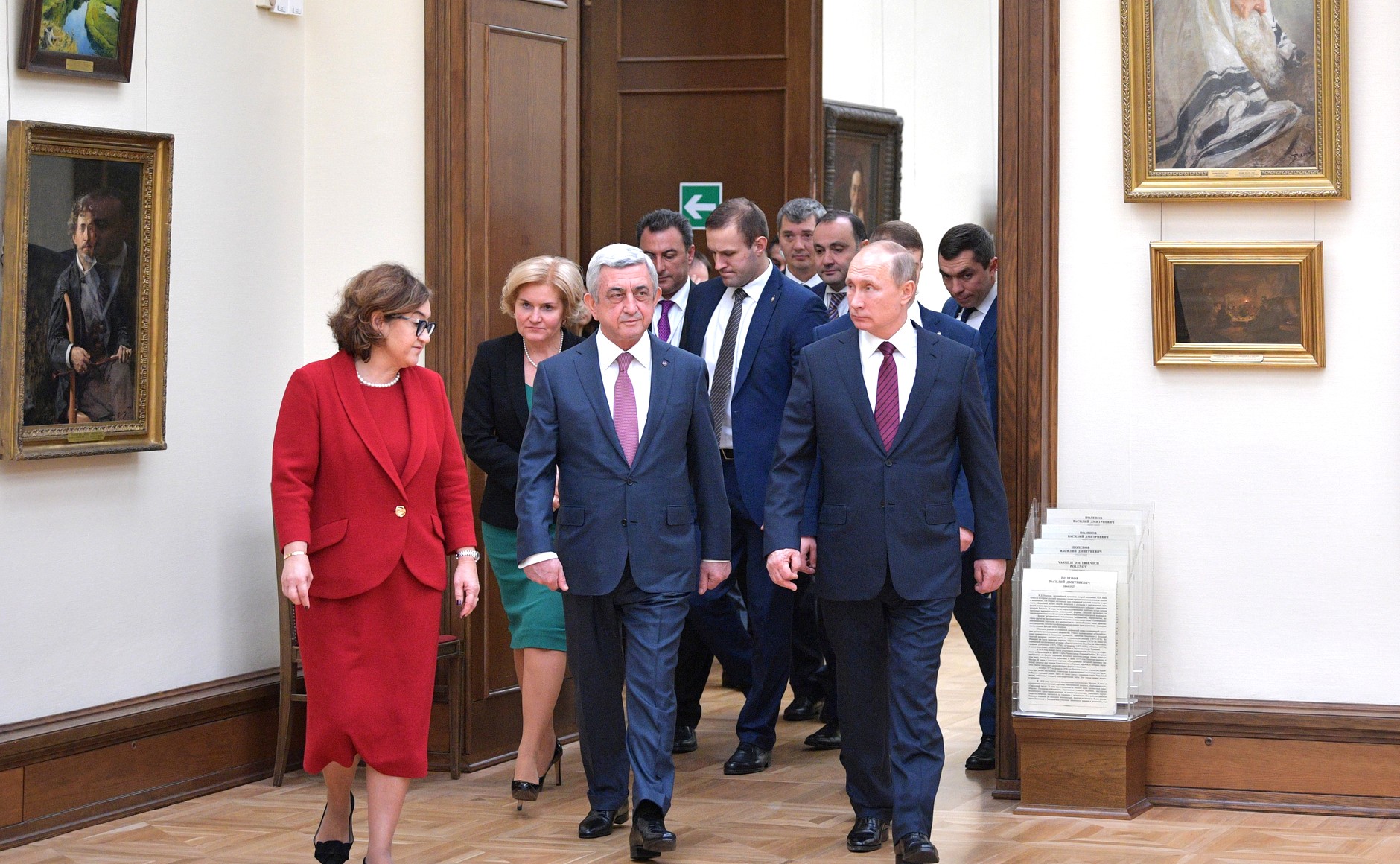 Interests
Interests
In a Wikileaks cable named THE BUSINESS OF POLITICS: LEADING ENTERPRISES OF POLITICAL ELITES ambassador Marie Yovanovich reported that the murky ownership of Armenia's major industry clusters was a hidden driver of Armenian politics and elites' inter-relationships.
According to the cable “enterprises were divided into one of two major political/economic pyramids: one headed by President Serzh Sargsian and the other by ex-President Robert Kocharian.
As ambassador reported Sargsyan’s business pyramid included in different times various companies such as Armavia, Mika Cement, Flash fuel, Ararat bank, “Yerevan city” supermarkets, Pares Armenia Tobacco and others controlled by his closest circle.
Sargsyan is also connected to gold mining industry, drugs trafficking and weapons smuggling.
Regarding the weapons smuggling the Washington Times newspaper wrote that “Western diplomat familiar with the incident said the United States had multiple streams of intelligence connecting the Armenian arms shipment to Iran with the deaths of U.S. soldiers in 2007 in Iraq”.
As news outlet stated, when Mr. Sargsyan was first confronted with this intelligence in 2008 on the sidelines of the U.N. General Assembly by Secretary of State Condoleezza Rice, he denied knowing anything about the matter.
According to the Wikileaks cable though, State Department’s Mr. Negroponte, however, laid out the consequences to Armenia in the letter.
“Notwithstanding the close relationship between our countries, neither the Administration nor the U.S. Congress can overlook this case,” Mr. Negroponte said in his letter to the Armenian president. “By law, the transfer of these weapons requires us to consider whether there is a basis for the imposition of U.S. sanctions. If sanctions are imposed, penalties could include the cutoff of U.S. assistance and certain export restrictions,” he said.
After leveling the threat, Mr. Negroponte told Mr. Sargsyan that in order to avoid sanctions he had to provide a written assurance to the United States that Armenia would update its export-control laws, establish teams of customs specialists at the border to check for contraband and dual-use exports and allow U.S. spot inspections of these checkpoints and make public its export-control lists.

